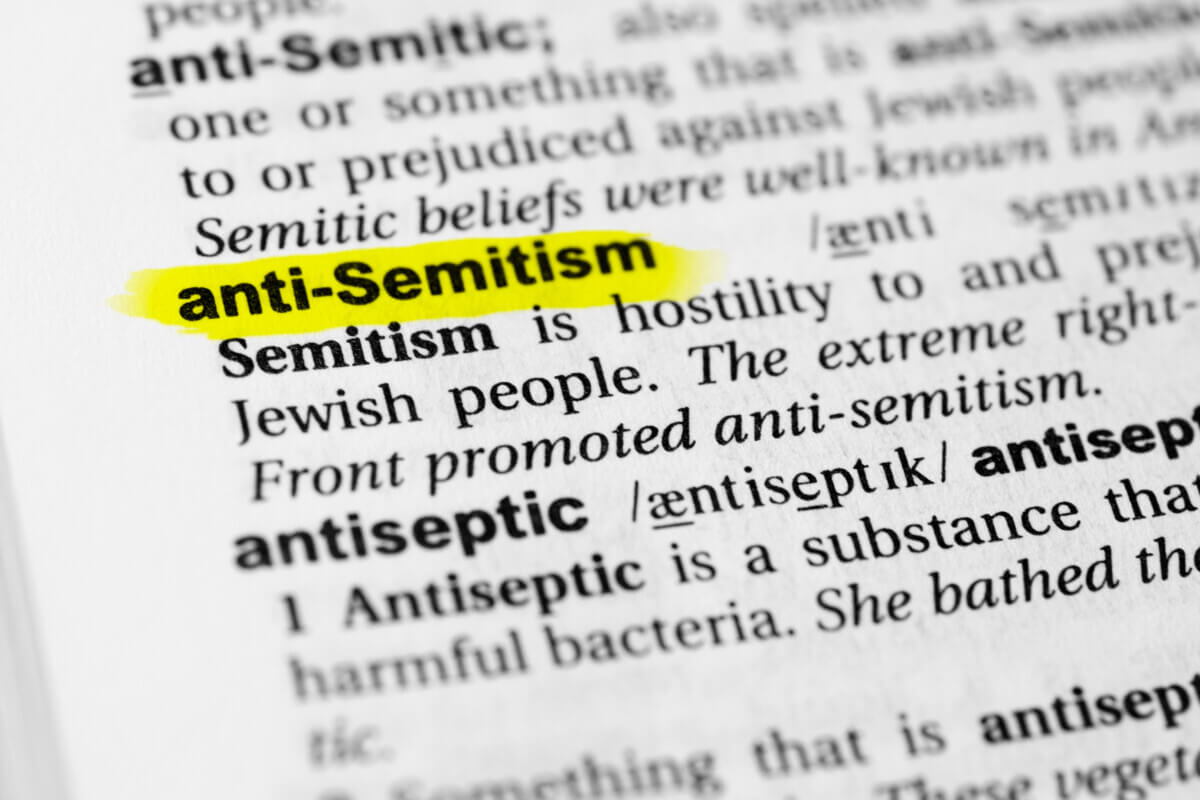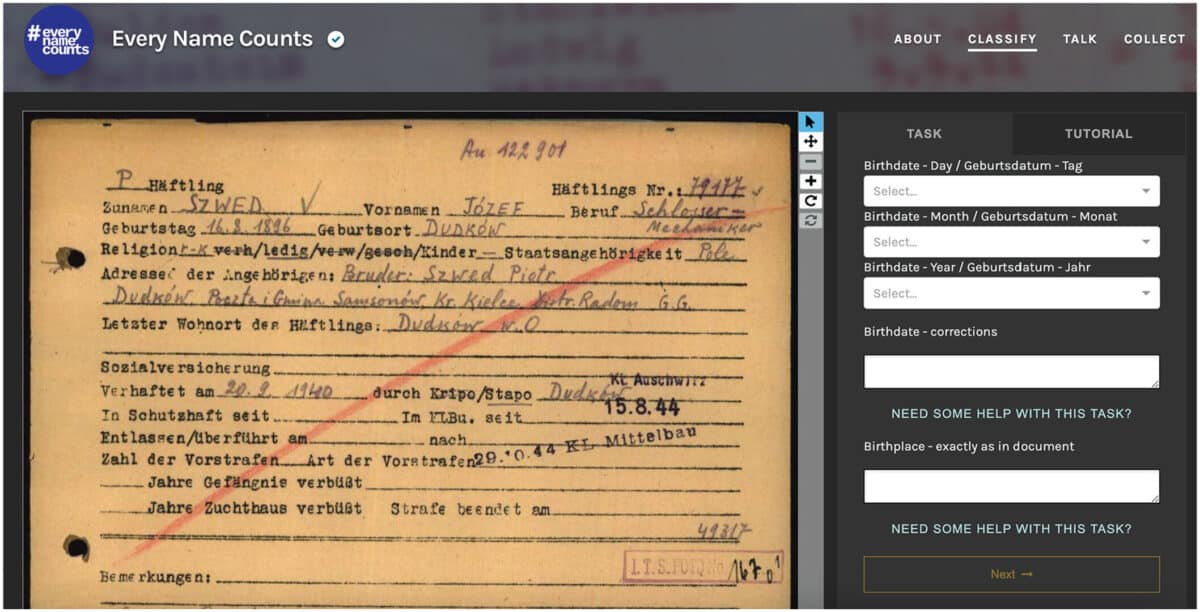
(© lobro - stock.adobe.com)
In a nutshell
- Active participation in digital history projects increases people’s motivation to commemorate past atrocities and fight present-day discrimination
- The effects go beyond the specific historical event—working with Holocaust documents also increased support for commemorating colonial victims
- The key factor driving change is “participative efficacy”—people’s belief that their individual actions make a meaningful difference to collective goals
BERLIN — Have you ever thought about how remembering the past impacts our ability to build a better future? While history books and classroom lessons about historical atrocities are common, a new study reveals that actively participating in remembrance projects might be far more effective at motivating people to take action than simply learning about the past.
German researchers from the WZB Berlin Social Science Center and The Hertie School found that when people actively participated in a digital project to preserve the memory of Holocaust victims, they became significantly more motivated to support other commemoration efforts and to fight against discrimination in today’s society. Even more surprising, these positive effects lasted for weeks after the initial participation.
The study, published in the latest issue of Psychological Science, tested the impact of an innovative crowdsourced project called #everynamecounts, where volunteers help digitize Nazi concentration camp documents. The project, led by the Arolsen Archives, has already digitized more than 6 million historical documents through public participation.
From Digital Archives to Real-World Action
The German study included two experiments involving over 1,400 participants. The first experiment compared active participation in the #everynamecounts project with merely receiving information about the same historical documents. The second tested the overall impact of participation compared to no treatment at all, including measuring effects 2-3 weeks later.
Participants in the project worked with actual prisoner registration cards from Buchenwald concentration camp. Each card contained names, ages, and reasons for imprisonment—real people whose stories might otherwise be lost to history. By transcribing these details, participants helped build records that family members could search to learn what happened to their relatives.
“This invitation to contribute distinguishes #everynamecounts and other participatory projects from more passive, educational formats that primarily disseminate information,” the study authors write.
Working on the project had a massive impact on the participants. Those who actively participated demonstrated dramatically stronger intentions to support commemoration activities compared to people who only read about the same materials. They also donated more money when given the opportunity to distribute funds to various organizations.

Beyond Holocaust Remembrance
The research revealed an unexpected ripple effect. People who digitized Nazi documents also became more motivated to commemorate victims of German colonialism and to take action against today’s antisemitism.
Rather than competing for attention, engagement with one historical atrocity made people care more about others. This contradicts the common worry that different historical injustices compete for public attention.
So what’s behind these powerful effects? The researchers found that enhanced “participative efficacy” – the belief that one’s individual actions matter for reaching a collective goal – was a key factor. Unlike participants who only received information, those who actively contributed to the project developed stronger beliefs in their ability to make meaningful contributions to remembrance and fostering better intergroup relations.
Making History Work for the Future
Museums, memorial sites, and archives worldwide are increasingly adopting participatory approaches to fighting hate and discrimination. The United Nations has specifically called for Holocaust education programs that help prevent future genocide, but evidence about effective methods has been scarce until now.
“Each time citizens successfully contribute to digital history, this strengthens their efficacy beliefs, which in turn should motivate them to engage in further action,” the study authors write. “This highlights how important #everynamecounts and similar participatory projects can be as catalysts for action.”
For ordinary citizens, the takeaway is clear: Don’t just read about history—help preserve it. Your contribution creates ripples that extend well beyond the specific project you support, potentially helping to build stronger, more inclusive societies.
The research demonstrates that when it comes to confronting historical injustices and preventing their recurrence, active participation proves far more powerful than passive learning. “By examining the impact of a particularly innovative, real-world project, we have presented the first-ever causal evidence on the potential impact participatory digital-history projects can have compared with more common formats that educate via information dissemination,” the authors conclude.
Paper Summary
Methodology
The researchers conducted two experiments in Germany. The first was a field-in-the-lab experiment with 552 university students who were randomly assigned to either participate in the #everynamecounts digital history project (digitizing Nazi concentration camp documents) or to a control condition where they received the same information about the archives without participating. The second study was an online randomized control trial with 900 digital workers in Germany, comparing those who participated in the digital history project with a neutral control group that received no treatment. In this second study, participants were followed up 2-3 weeks later to test long-term effects. Both studies measured outcomes related to symbolic justice for the past (commemoration intentions, donations to memorial sites) and better intergroup relations today (collective action intentions, confronting discrimination, donations to anti-racism organizations). They also measured potential psychological processes like participative efficacy, social norms, and collective guilt.
Results
Participating in the digital-history project significantly increased people’s intentions to engage in further commemoration activities compared to control groups, with effects lasting for 2-3 weeks. The most substantial effect was on collective-action intentions for commemoration (approximately 0.5 standard deviations). The effects extended to commemorating victims of German colonialism (0.34 standard deviations) and increased intentions to take action against antisemitism (0.25 standard deviations). In the first study, participants who digitized documents donated an average of 4 euros more to a concentration-camp memorial site compared to the information-only group. The key psychological mechanism was enhanced participative efficacy—the belief that one’s individual actions matter for collective goals.
Limitations
The study samples were limited to university students and digital workers in Germany, so further research is needed to understand if these findings apply to other countries and historical contexts. The researchers note that while they found positive effects on behavioral intentions and some donation behavior, they did not find significant effects on intergroup attitudes or prejudice reduction, which is consistent with other large-scale intergroup interventions. Additionally, while behavioral effects were observed immediately after participation, some of these effects on actual behavior may diminish over time.
Funding and Disclosures
The research was supported by the Volkswagen Foundation (Volkswagen Stiftung Project No. 94937). All authors declared no conflicts of interest. The study received approval from the Hertie School Research Ethics Committee (Ethics Application Approval ID 20221215-15). No AI-assisted technologies were used in the research or the creation of the article.
Publication Information
The study “Participating in a Digital-History Project Mobilizes People for Symbolic Justice and Better Intergroup Relations Today” was authored by Ruth Ditlmann, Berenike Firestone, and Oguzhan Turkoglu and published in Psychological Science in 2025, Volume 36, Issue 4, pages 249-264. The DOI is 10.1177/09567976251331040.







